Promo Industry Expects Boon After Biden Exits Race
President Joe Biden’s decision to drop out of the 2024 presidential race has caused a ripple effect in the promotional products industry.
After selling “virtually no Biden merchandise” this year, Unionwear President Mitch Cahn says the Newark, New Jersey-based supplier’s entire inventory was cleaned out on Monday morning by the two companies that primarily handle the Democratic Party’s promotional products.
PPAI NEWS MEDIA / by John Corrigan July 24, 2024
“We had already written off the 2024 merch business, so this is definitely a shot in the arm,” Cahn says. “We assumed something was going to happen with Biden dropping out, but I didn’t expect it to happen so fast. I guess they’re really preparing for a big merch push for [Vice President Kamala] Harris.”
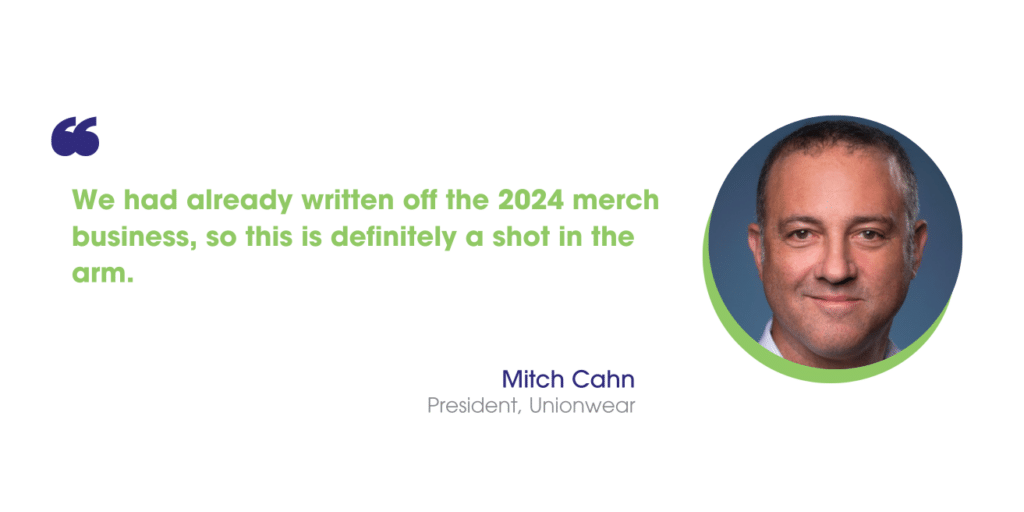
Shortly after tweeting a signed letter announcing the suspension of his campaign, Biden tweeted his endorsement of Harris, who has launched her own campaign and has secured enough delegates to become the presumptive 2024 Democratic nominee, ABC News reported.
- Non-profit fundraising platform ActBlue announced that grassroots supporters had raised $46.7 million by 9 p.m. EST on Sunday following Harris’ campaign launch.
Promo’s Quick Response
Considering the breakneck pace of the promo industry, it should come as no surprise that distributors began cancelling orders for Biden-Harris merch immediately following Biden’s announcement, according to Cindy Scardino, marketing project manager at Gill Studios – the No. 26 supplier in the PPAI 100.
- The Kansas-based firm specializes in lawn signs, bumper stickers and other promo products in high demand during election season.
“We haven’t received any Harris-only orders at this time; the news is too fresh in the grand scheme of things of what’s to come in the next three-plus months,” Scardino says. “I imagine once the Democratic Party has a consistent direction, the orders will begin flowing into our union production facility.”
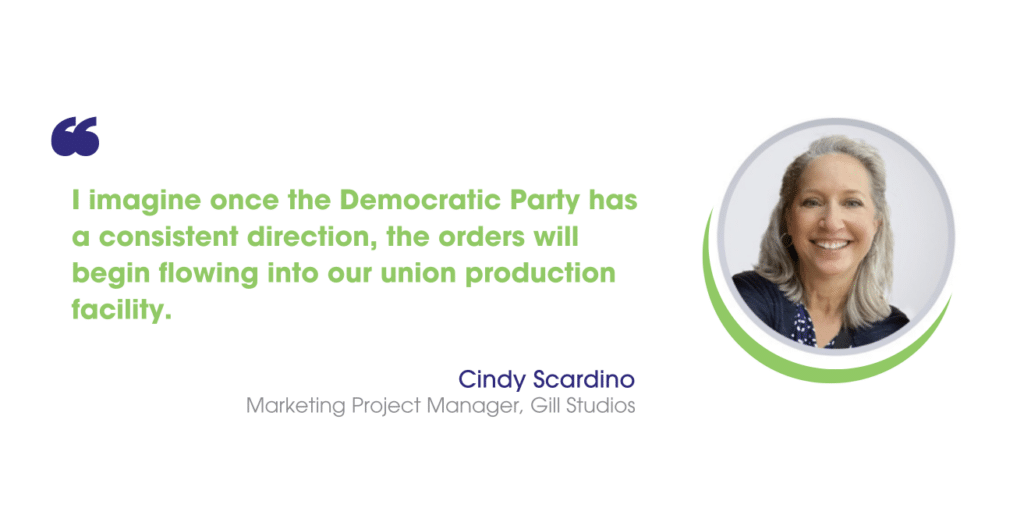
Another Made-in-the-USA and union shop, Unionwear has been manufacturing campaign merchandise for candidates of both parties for more than 30 years. While Biden’s merch sales in 2020 were “fantastic,” Cahn says they were basically nonexistent during this election season. That may have been related to him being (at the time) the incumbent, as former President Barack Obama’s merch sales “went down considerably” from 2008 to 2012, according to Cahn.
“The political merch business is very heavy with print on demand, which really started growing in the 2020 primaries when there were so many Democratic candidates,” Cahn says. “This year, there has been a lot of blank merchandise in the print on demand business because there really weren’t any primaries. They stocked up in the beginning of the year, and now these guys are sitting on a lot of blank units.”
- Cahn says this is also the third presidential election in a row where baseball caps are by far the most sought-after item, outpacing T-shirts and bags.
Cahn added there’s a lot of attention being paid to unions this election cycle because there’s a strong possibility that the International Brotherhood of Teamsters, one of the largest and most powerful labor unions in North America, could break from tradition and endorse a Republican candidate.
- Sean O’Brien, the head of the Teamsters, spoke at the 2024 Republican National Convention in a historic first for the labor organization.
“We’ve seen a lot of merch companies saying it has to be union-labeled and union-printed,” Cahn says. “We’ve even had requests from the Republican side for that.”
From https://www.ppai.org/media-hub/promo-industry-expects-boon-after-biden-exits-race/
Union T-Shirts and Hats Become 2024’s Unlikeliest Fashion Trend
“The regular guy look”… a joke from the Rodney Dangerfield movie “Easy Money”, has come to life in California. One trend that has seemingly come out of nowhere is the donning of union T-shirts and hats, thanks largely to surging favorability ratings of unions and the visibility of thousands of movie stars and celebrities wearing union logo gear.
A New York Times article described Neil Gaiman, the best-selling writer of “The Sandman” and “Coraline,” wore a black T-shirt nearly every day for the past 36 years before switching to a red T-shirt in support of the Writers Guild of America (W.G.A.) strike. The W.G.A. went on strike in early May after failing to reach an agreement with Hollywood producers on a new contract, including compensation for work on streaming services and the use of artificial intelligence. The strike saw heavy involvement from creative workers in New York and Los Angeles, contributing to the widespread visibility of T-shirts advertising support for the W.G.A. and other creative workers’ labor unions.
As the strike dragged on, more and more celebrities donned union paraphernalia in solidarity with striking workers. This visibility, combined with the public’s increasing support for unions, has solidified union T-shirts and hats as the hot fashion statement for 2024.
Wearing matching union gear, such as T-shirts and hats, on the picket lines and beyond has helped project an aura of solidarity and visually represent the strength in numbers and collective power that unions embody. Furthermore, various online retailers, such as WGAStrikeShirts.com, have emerged to sell W.G.A. and SAG-AFTRA strike paraphernalia, with proceeds going to the Entertainment Community Fund, a charity that supports the entertainment industry workers. As a result, these garments not only serve as a fashion statement, but also as a means of financially supporting the workers they represent.
As we approach the 2024 presidential election, labor unions will become an increasingly important factor in shaping the political landscape. With public opinion on unions remaining relatively high, it is clear that people recognize the value of unions in advocating for workers’ rights and benefits. Unions are estimated to spent over $800 million on the 2024 election, much of it on giveaway merch designed to demonstrate their political clout. For the first time Unions are being courted by both Democrats and Republicans for their support.
In conclusion, wearing union T-shirts and hats is not only a trendy fashion statement but also a powerful symbol of support for workers’ rights and the labor movement at large. As public opinion continues to favor unions and their importance in the political landscape, the popularity of union logo wear will only rise further, making it a lasting fashion statement for years to come.
DLX Industries’ Management Team Bring Portfolio-Making Expertise and Equipment to Unionwear
Unionwear has acquired the remaining assets of DLX Industries, the promotional, union made in USA sewn leather portfolios and binder manufacturer from Brooklyn. Unionwear has hired DLX’s Sales and Marketing Director, Cindy Kronen, and Plant Manager Phil Stern. Ms. Kronen brings with her 20 years of sales and marketing experience. Phil Stern, DLX’s plant manager for 17 years, joins Cindy (along with other key employees) as they set up a new shop in Newark New, Jersey.
Unionwear, a union manufacturer of bags and hats, started out as the New Jersey Headwear Corporation with only 15 workers back in 1992. A contract with Ralph Lauren helped put the young enterprise and President Mitch Cahn on the map. Today, 25 years later, the company has 175 employees who manufacture and embroider headwear, bags, accessories, safety gear, and work gear. Recently, they have created promotional gear used nationwide in political campaigns. They are a principal textile supplier to homeland security, the postal service, federal and state governments, and the military.
DLX specializes in the manufacture of business accessories and promotional products. Their mission, now as part of Unionwear, will be to provide high-quality, domestically manufactured, union-made products at affordable prices. They offer innovative designs and products of various materials and colors. DLX’s most popular products have been sealed and sewn vinyl and leather items such as Binders, Portfolios, Checkbook Covers, Check Presenters, and Desk Accessories.
Following the merger of DLX and Unionwear, if you are seeking union-made stitched and/or sealed portfolios, binders, and vinyl folders, you need look no further. They will now be created in Newark, New Jersey by Unionwear, which will manufacture the same business presentation products, with the same attention to quality, that you have purchased from DLX over the last decade. The facility is fully operational, and their product line can be found at https://unionwear.com/portfolios-and-folders.
“Made in USA” has become not only a declaration but a theme. The difference in pricing between Made in China products and Made in USA products is diminishing. Companies like Unionwear aim to reduce the purchase of imports by promoting affordable products of outstanding quality made right here in the United States.
Workers United, Local 155 represents the employees at Unionwear. The company considers the union label a badge of workplace justice, quality, and a living wage. Their employees earn holidays, vacation days, pension, and health insurance. And they want the public to know that the “Made in USA products cost less than Union Made products” way of thinking is a myth, a fallacy. The cost differential between union domestic and non-union factories has been eliminated (or at least substantially narrowed), thanks to the Democratic Congress’ intervention. This intervention affected the rights and laws concerning affordable healthcare, equal pay, family leave, and the federal minimum wage earned by domestic workers.
Verizon Fios Showcases Unionwear Hat Factory
A recent Verizon Fios video explores and examines Newark, New Jersey’s Unionwear, a manufacturer of scarves, hats, backpacks, and much, much more. The video opens with an interview with Unionwear CEO and President, Mitch Cahn, regarding the company’s background.
Mr. Cahn explains, “Unionwear is the manufacturer of baseball caps, military hats, sewn hats, backpacks, duffel bags—any sort of sewn accessory that can be made from woven fabric. By saying that these products are union made, it’s a type of shorthand for the fact that our products are made by happy, content, productive workers.”
When asked how they price their products competitively, the CEO says that one way of making sure that their products are competitively priced “is through the use of Lean manufacturing. Just because wages are higher doesn’t mean that labor costs necessarily need to be higher.”
Next, Mr. Cahn and the interviewer take a look at the factory itself. The camera pans over a section of the manufacturing facility as the company president explains that they are looking at roughly 1000 baseball caps before they are actually constructed. He runs through aspects of the production, such as fabric, a hydraulic clicker press that cuts the fabric for the hats into triangles, and other sections containing various parts of the soon-to-be baseball caps.
As he holds a completed baseball cap in his hands, Mr. Cahn runs his fingers along the various parts, demonstrating how each piece fits into the finished product. He offers up a little tidbit of information: every baseball cap has no less than 23 parts.
Moving to a different section of the factory, the video now focuses on workers at their various stations. This is where the tail end of the cap manufacturing process takes place, the sewing being done by hand and sewing machine. All the pieces come together here. Next will be the embroidery.
Depending on the cap, some parts receive embroidery while others do not. To achieve the best quality, the embroidery is done on cut parts of the hat before it is completely assembled. Because the embroidery is done on a flat panel instead of a curved finished cap, the artwork’s registration is improved, the imprint area is larger, productivity is improved, and expenses are lower. Workers now must finish the crown, attach the visor, and complete the baseball cap.
As the company president and the interviewer move to the section of the facility where the “baseball cap is virtually born,” the camera pans widely across the facility. It shows numerous stations and workers as various stages of the assembly process are being completed.
Mr. Cahn describes this final stage: “We’ve made the crown of the baseball cap, the embroidery has been added, we’ve made the brim, and now the crown and the brim will be attached together, and the label and sweatband will be added. Everything, once sewn together, is steamed, bagged, and boxed.” And voilà, you have a baseball cap, ready for distribution.
This video gives an impressive view of a baseball cap’s creation—from its infancy to the completed, final product. Not to mention all of the people who participate in the process. Knowing that these products, each and every one, are all put together with the bare hands of union employees is one of the major factors that sets this company apart from all the rest. These products are made in the USA, by hand.
Unionwear—American-made, America proud.
Unionwear Wins NJBIZ “Excellence in Manufacturing” Award
Mitch Cahn, the President of Unionwear, and the Chairman of the Newark Workforce Development Board, has won the Raymond Hopp Lifetime Achievement Award for Excellence in Manufacturing. The announcement was made official at National Manufacturing Day. The fifth annual event was held on Friday, October 7, 2016. This celebration aims to improve public perception of the manufacturing industry’s economic value and to expand knowledge of manufacturing careers.
The Excellence in Manufacturing Award was established in memory of the president of HK Metalcraft, Raymond Hopp. Mr. Hopp was extremely dedicated to the New Jersey manufacturing community’s workforce development and was considered a strong advocate for their cause.
This very special award has specific criteria that the ideal candidate must meet:
- Demonstrate clear respect for cultural awareness and diversity
- Show a willingness to explore and learn new technologies
- Display passion for continuing education
- Be active in associations that indirectly or directly support manufacturing
- Understand networking’s importance
- Be a forward-thinking, creative, innovative business person/entrepreneur
- Show, through their treatment of employees, peers, and business associates, that they are a highly moral businessperson
- Have been involved in the New Jersey manufacturing community for a minimum of 20 years.
Back in 1992, Mitch Cahn started the New Jersey Headwear Corporation, which would one day become Unionwear. He landed a contract with Ralph Lauren for ball caps and had 15 individuals doing all of the sewing. Now, with 175 employees, Mr. Cahn’s Unionwear is responsible for nationwide promotional gear used in political campaigns and much more. Additionally, he is a principal textile supplier to the federal and state governments, post office, homeland security, and the military.
As president of Unionwear, and in years before that, Mr. Cahn has been publicly recognized as a passionate individual who works relentlessly to do as much as possible within his platform and position. A recommendation specifically for this award credited Mitch with not only meeting but exceeding the challenging expectations and requirements to win the Raymond Hopp Award for Excellence.
Mr. Cahn’s commitment to fellow manufacturers and education is evident; he participates in numerous events and organizations, including but not limited to Grants and Incentive Programs for Urban Manufacturers; Cloud, Mobile, Manufacturing Technology on the Shop Floor; Designing for Manufacturing; Worker Rights Compliance in Procurement; Continuous Improvement and Lean Manufacturing, marketing “Made in USA”; and more.
Numerous fellow entrepreneurs and friends celebrated Mr. Cahn’s achievement. Cohn Reznick (of Cohn Reznick LLP) offered an official pat on the back via Twitter: “Congratulations Mitch Cahn of [Unionwear USA] on receiving the Raymond Hopp Award for Excellence.” Cohn Reznick LLC is one of the top advisory, tax, and accounting firms in the United States.
Thanks to devoted entrepreneurs such as Mitch Cahn and his devotion to manufacturing high-quality products, consumers have a viable and laudable alternative to cheap imports.
Unionwear Wins NJBIZ “Excellence in Manufacturing” Award
Mitch Cahn, the President of Unionwear, and the Chairman of the Newark Workforce Development Board, has won the Raymond Hopp Lifetime Achievement Award for Excellence in Manufacturing. The announcement was made official at National Manufacturing Day. The fifth annual event was held on Friday, October 7, 2016. This celebration aims to improve public perception of the manufacturing industry’s economic value and to expand knowledge of manufacturing careers.
The Excellence in Manufacturing Award was established in memory of the president of HK Metalcraft, Raymond Hopp. Mr. Hopp was extremely dedicated to the New Jersey manufacturing community’s workforce development and was considered a strong advocate for their cause.
This very special award has specific criteria that the ideal candidate must meet:
- Demonstrate clear respect for cultural awareness and diversity
- Show a willingness to explore and learn new technologies
- Display passion for continuing education
- Be active in associations that indirectly or directly support manufacturing
- Understand networking’s importance
- Be a forward-thinking, creative, innovative business person/entrepreneur
- Show, through their treatment of employees, peers, and business associates, that they are a highly moral businessperson
- Have been involved in the New Jersey manufacturing community for a minimum of 20 years.
Back in 1992, Mitch Cahn started the New Jersey Headwear Corporation, which would one day become Unionwear. He landed a contract with Ralph Lauren for ball caps and had 15 individuals doing all of the sewing. Now, with 175 employees, Mr. Cahn’s Unionwear is responsible for nationwide promotional gear used in political campaigns and much more. Additionally, he is a principal textile supplier to the federal and state governments, post office, homeland security, and the military.
As president of Unionwear, and in years before that, Mr. Cahn has been publicly recognized as a passionate individual who works relentlessly to do as much as possible within his platform and position. A recommendation specifically for this award credited Mitch with not only meeting but exceeding the challenging expectations and requirements to win the Raymond Hopp Award for Excellence.
Mr. Cahn’s commitment to fellow manufacturers and education is evident; he participates in numerous events and organizations, including but not limited to Grants and Incentive Programs for Urban Manufacturers; Cloud, Mobile, Manufacturing Technology on the Shop Floor; Designing for Manufacturing; Worker Rights Compliance in Procurement; Continuous Improvement and Lean Manufacturing, marketing “Made in USA”; and more.
Numerous fellow entrepreneurs and friends celebrated Mr. Cahn’s achievement. Cohn Reznick (of Cohn Reznick LLP) offered an official pat on the back via Twitter: “Congratulations Mitch Cahn of [Unionwear USA] on receiving the Raymond Hopp Award for Excellence.” Cohn Reznick LLC is one of the top advisory, tax, and accounting firms in the United States.
Thanks to devoted entrepreneurs such as Mitch Cahn and his devotion to manufacturing high-quality products, consumers have a viable and laudable alternative to cheap imports.
Shop 250,000 USA Made Products on Unionwear’s New Website
Unionwear, Inc. is pleased and proud to announce the launch of their newly re-designed website. The modified site now offers easier navigation, online ordering, better search capability, more content, and other enhancements to improve customers’ online design and ordering experience.
With its updated look and feel, the refreshed site allows clients to find the products they need and get answers to their design issues in less time. With more than 200,000 hat and 50,000 bag SKUs, customers are bound to find just the right accessory for their corporate events, employee uniforms, special gifts for clients, and more. Unionwear.com has added thousands of SKUs of union made in USA knit hats and scarves and union made in USA sewn portfolios and binders—and is the last union manufacturer in America in each product category!
With thousands of colors, shapes, fabrics, and logos from which to choose, customers can design the perfect, one-of-a-kind products for themselves or others. And the best part? If clients don’t see what they’re looking for, all they have to do is give Unionwear a call. They can customize any order and provide every customer with precisely what they need.
On the new web site, Unionwear also offers their clients access to industry trend information, the latest news on trade justice and labeling, product comparisons and ratings, etc. This updated and user-friendly site will better serve the ever-changing needs of customers.
Located in Newark, New Jersey, Unionwear manufactures and embroiders accessories, bags, baseball caps, knit caps, safety gear, and work wear. With their “Made in USA” label, business is booming, the turnover is low, and morale is high. All 175 employees have a stake in the success of the company, and they can identify with customers who value the community and are concerned about how and where a product is made.
Founded in 1992, the New Jersey Headwear Corporation began with just a handful of employees and Mitch Cahn at the wheel. His first lucrative contract was with Ralph Lauren Clothing making baseball caps, but as the business grew, Unionwear was created and was hired to create products for local and national political campaigns. Over time, they became the principal supplier to the military, the post office, and federal and state government agencies—all clients for whom a “Made in the USA” label is vitally important.
Both Unionwear and their customers recognize that when you manufacture a product locally, you add value by creating jobs and supporting the community. While many manufacturers outsource their production lines, Unionwear takes pride in keeping their business where it belongs—in the US.
Their growth and sustainability have been built on the stable foundation of employee satisfaction and strong client relationships. Low turnover means excellent products are being made by experienced and resourceful stitchers, with high productivity on the shop floor, incredible pride in their workmanship, and fast deliveries. This keeps clients happy and influences repeat orders. Additionally, recent international shipping problems have made local American manufacturing more attractive than ever.
Unionwear would like to extend an invitation to all their past, present, and potential customers to view their new, updated website at https://unionwear.com. There, shoppers can see how they make quality products as well as explore the many choices now available from this union-proud company.
ASI Radio: Election Year Bonanza for USA Made Products
This podcast can be heard on ASI Radio Strategy Sessions
Andy: Welcome to the Strategy Session Podcast, where ASI’s editors provide tips and tactics to help promotional product professionals improve their businesses. In every episode we go one-on-one with a business strategy expert to gather winning insights. The conversations are sure to be insightful and entertaining. This week on the strategy session podcast, I welcome David Bronson from Unionwear, which specializes in Made in the USA items. How are you today, David?
David: I’m doing well, sir, how are you?
Andy: Great. So, we’re going to talk about Made in the USA items and the increased interest in that. So, are you seeing more buyers looking to purchase items that are made domestically?
David: Oh yes, we have seen a surge, not just in interest but in actual orders. We’re helping dozens of new markets and industries co-brand with the most valuable brand in the world—Made in the USA. When we look at what’s driving sales, it’s not patriotism, it’s more strong convictions about issues that domestic manufacturing solves. Social compliance, for example. When someone buys an American-made product, he or she knows the workers who made the actual product are regulated by the same labor, safety and environmental regulations that the buyer benefits from. A lot of companies market their own products as Made in the USA, and they want premiums that are also Made in the USA so they send a consistent message.
Andy: So, as far as what’s driving the trend, you just talked about social compliance. Is that something that’s different today from maybe five years ago? Are people more interested in the issue of social compliance than they were before?
David: Yes. And it’s not just social compliance. We’re the only union cap company in the country, so they know that our workers have been vetted, if you will. The prices of imports have risen steadily by 20 to 25 percent for almost the past five years, while domestic pricing has remained flat. So while Made in the USA is not yet as competitive with imports, the premium paid for Made in the USA keeps decreasing. A lot more customers are willing to pay a premium for social compliance and consistent messaging.
Andy: What else is driving the trend? What other factors are leading the surge in Made in the USA orders?
David: Distributors ask me questions about the total cost of ownership. Importing products has a lot of hidden cost—there are high minimums, pre-payments, inventory, duties, taxes, shipping from overseas, sampling, travel, even in-factory inspections. We ask distributors to look at their client base to see if they have any clients that could appreciate co-branding with a Made in the USA label. We’ve seen a lot of renewed interest in baseball caps because of the Presidential campaigns—the baseball caps such as the ubiquitous “Make America Great Again” cap. And we all know who that is…
Andy: Right.
David: It’s a top item for political campaigns. Bags are popular, too, because they don’t require as much labor relative to materials as other products. But really, when you think about the hat, they can still wear that visibly in jacket weather. Candidates and supporters can wear that even though they’re wearing a suit at a rally or any kind of event, and it’s highly visible, because it’s on their head. We’re getting a lot of that increased business.
Andy: All right, how can distributors capitalize on this surge in interest in Made in the USA products?
David: I think distributors need to look at who they know or who they’re doing business with that might really care about Made in the USA. We keep hearing that there could be eight billion dollars spent on political campaigns over the next year. That’s the largest number that we’ve ever seen in this country. The battle is on, and it’s really been heating up, and for promotional items, they have to buy Made in the USA.
The traditional markets that we’ve had are Made in the USA for political or legal reasons. The Department of Defense buys these items for recruiting. Labor unions and government agencies…
Andy: Sure. Outside of government entities or political campaigns, what other buyers are most interested in items that are made in America? What markets should distributors try to target with these types of products?
David: The people that really are promoting themselves as Made in the USA or socially responsible include manufacturers like Lincoln, tech companies like Google, green companies like Whole Foods, non-profits like American Legion. We’ve grown what we call the small batch customization market the past year, where distributors want something turned around quickly, without large quantities or timing. Someone like Google has a need for it, and we have found a way to meet that need. They needed to be at a certain price, and we tweaked it a little bit.
One of the things at which we’re really strong is re-engineering products so that the Made in the USA label can work and be competitive. It’s our niche. It’s the one misconception that everyone has: “Oh, everything’s less expensive in China.” It doesn’t have to be. We can change a handle on a bag, take out a pocket or make it an inch different. We know how to make it work with our production department.
The distributors really get it, and they want something custom that is Made in the USA. We can say, what’s your budget? If they tell me they can spend $2500 for this giveaway or $40,000 for a bag that’s going to be at a place like Whole Foods, whatever it may be, we work backwards. We ask for the budget so we know what fabric to use; we know how much time it’s going to take, and we put that into the equation and come up with a costing, then share it with the distributor. Really, we’re an extension of their sales and marketing team, working with them from the ground up and building a product to hit their budget.
Andy: So what was Google looking for? Why were they so interested in purchasing Made in the USA items?
David: Google has a big push for it, which we love to see. A couple of the distributors that work with them, one in particular, just said they want to have as much made in the USA as they can for a program that they’re running. Sometimes people who want Made in the USA don’t always live up to billing on it, because they may get some sticker shock on some items.
Andy: Right.
David: But then we have certain items where we say, “Wait a second! If we’re within 5 to 15 percent of the cost, why wouldn’t you buy Made in the USA?” Think about the global impact, the carbon footprint when we’re making it here. We’re not shipping it from a port overseas, bringing it all the way over here and then cutting, embroidering, or finishing. Maybe the customer doesn’t have a Made in the USA or union requirement, but they just want something that’s totally custom. We’re doing dye-sublimation now, and we embroider flat panel; we can do things in embroidery so wide, so high, that a hoop can’t handle it. We’re growing with the times for those distributors that really care about something creative.
A lot of the people who care about Made in the USA like to say, “Wait a second, you actually do this here?” Yes, we’ve been here for 23 years. We’re right outside of Manhattan by about 12 miles. It’s pretty cool!
Andy: Very good. Let me bring the conversation back to price. You touched on it a little bit. Price does tend to be the big objection when it comes to purchasing Made in the USA items. So, I’m gathering that this isn’t the objection that it once was, but how should distributors overcome that objection if they’re still receiving it in the market?
David: It really is on a project-by-project basis. As I mentioned earlier, we re-engineer products to fit a budget so that Made in the USA can be competitive. There’s a misconception that, because wages are lower in China, the price is always lower. Imports actually have a much higher overhead than domestic goods. They have the inspections; suppliers have to deal with the language issues. We redesign a product so it’s much less labor-intensive than the same product coming from overseas. Eyelets on a hat, for instance… Adding them is time-intensive and increases the cost. Eliminate the eyelets, and you’ve saved 60 cents a hat. And if it’s a mesh-back hat, what are the eyelets needed for?
Goods made in China are usually designed with extra labor to save on materials. We do the opposite here. We want to save on labor and make it a better, leaner way. Our clients seem to be willing to spend just a little bit more for that Made in the USA label, especially when they see the quality of the product.
Andy: But ultimately you’re seeing the price differential coming together a little bit; the difference is not as stark as it once was?
David: Yes, it’s been about a 20 to 25 percent increase in the price of products being imported over the last five years, but domestic pricing has remained the same.
Andy: All right, I want to go back to the Presidential election a little bit. Obviously that’s big in the news right now and will be for the next year. Do you foresee that the impact of that marketing power trickling down to the local elections that will take place over the next year, as well?
David: That is one of the things that we’re revving up for, Andy, especially when we talk about the baseball caps. That’s where the marketing funds are being spent on this election. Candidates like Donald Trump have already shown in filing that they’ve spent more money on hats and shirts than on any other line items.
A number of candidates have been publicly called out for selling products that were imported. They’re self-correcting, and we’re seeing a lot of that increase. Some of our competitors aren’t making Made in the USA anymore because the costs have gone up. We’ve stayed the same, and when you look at the baseball cap as just one item, it is the ideal item, because sizing isn’t an issue, either. Wherever you go, you can wear it. It’s all about getting the candidate’s name out there and creating a bond between the wearer of the hat and the candidate. And what’s better than a hat? You’re not going to see a t-shirt if they have a jacket over it. That’s still a popular item, but we’re hitting winter now. The hat is like a walking billboard.
Andy: So, I’m guessing that you’re kind of doing back-flips every time that Donald Trump shows up in his hat, huh?
David: People say, “Why do you have this hat?” and “Why do you have that hat?” We try to explain to them that we’re a Made in the USA factory; we’re not taking any political stance. We’re a promotional product manufacturer, one of the few that actually makes something. We’re not just importing it and putting a logo on it. Whoever wants to buy these products, especially for a political campaign, and they need them to be made in USA, we’re open arms for.
Andy: There you go, David Bronson, the man who will make a hat for anybody.
David: Well, I don’t know if we’d say anybody yet… But in most cases, yes, we’ll do it.
Andy: All right, David. Thanks very much for joining me today on the strategy session podcast! We really appreciate your time.
David: Thank you very much for your time, and I hope to see you at the next show, Andy.
Andy: Sounds good, we’ll speak to you soon. This has been the latest episode of ASI’s Strategy Session podcast. To listen to all of our podcasts, go to www.asicentral.com/podcast.
PPB Factory Floor Tour: Unionwear’s USA Made Hats and Bags
Original article and photos of factory tour found at PPB Magazine.
Unionwear stitches pride into every U.S.-made, union-made cap and bag.
Twenty years ago, textile imports and overseas manufacturing were on the rise, as companies sought ways to do more business with less overhead. But at the same time, Unionwear/Konvex (UPIC: MADEINUS) was founded with a focus to keep manufacturing and production on American soil. Now the New Jersey company is a proud supplier of caps, bags and military goods that are both U.S.-made and union-made.
“We produce more than 600 different kinds of hats and bags in 360 color combinations,” says David Bronson, national accounts manager at Unionwear. “The most complicated bag we make is a casualty care bag for the U.S. Army, which requires 75 steps and over 100 pieces to produce. It is a fanny pack that holds medical supplies for Army medics.”
The simplest product, Bronson says, is a ski hat. To produce the popular cap style, machines knit yarn into a tube and employees cut the tube and sew it to shape. Unionwear customers’ top picks from the supplier are brushed cotton unstructured hats, structured cotton twill hats and tote bags.
To ensure a quality-finished product that’s wearable, usable and long-lasting, Unionwear has invested in dozens of pieces of specialized equipment—each dedicated to a single step in the process of assembling hats or bags. Additionally, Unionwear team members are experienced in the manufacture of such items. “We require employees to have five years of industrial sewing experience before they are allowed to finish products in our facility,” says Bronson.
“Our experience in making both hats and bags has benefitted the production of both products,” he adds. “In addition, we have become experts in decorating unfinished hat and bag parts, which enables us to get much better quality, larger embroidery fields and lower prices.”
Read on to see how Unionwear pieces together its popular line of hats.
The caps begin as a roll of fabric, which is drawn out and cut for the quantity needed per order.
Each panel of the cap is then die-cut according to the type of cap it will be—structured, unstructured and fitted are a few styles Unionwear makes.
At sub-assembly stations, the panels are sewn together and eyelets are sewn in as well. Embroidery is done at the flat-panel stage, as on this back panel.
More than 100 embroidery machines run daily at Unionwear
Visors are produced and attached to the crowns of each cap.
Next, the trimming, cleaning and quality-control process begins.
Finished products are inspected again before being polybagged, boxed and shipped.
ABOUT UNIONWEAR
Founding date
1992
Principal
Mitch Cahn
Number of orders filled per year
5,000
Number of employees
140
Size of production facility
70,000 square feet
140 sewing machine operators
Dedicated production lines
Baseball caps
Promotional tote bags
High-end tote bags
Military packs
Bucket and boonie hats
Patrol caps
Duffels, attachés, messenger bags and backpacks
Types of specialized equipment
Hat taping machine
Robotic blocking unit
Sweatband-making machine
Double-needle hat taping machine
Bucket-brim stitching machine
Hydraulic die-cutting clicker
Tajima embroidery machines
AS Technologies roll fuser
Zipper
Automated web-cutting machinery
Programmable tackers
Programmable box stitchers
Roll-to-roll zipper-to-gusset attach
Self handle machinery
Roll slitter for making handles
USA Made Promotional Products: 3 Cheers for the Red, White and Blue
How to make the most of selling products made in the U.S.
By Brendan Menapace for Promo Marketing Magazine
There are plenty of products that were made in America that we should all be proud of—Bruce Springsteen, baseball, movies where Nicolas Cage navigates an elaborate scavenger hunt made up of national monuments to find a historic treasure. The list goes on, but what stands out the most are the many promotional products manufactured in the U.S., and the business opportunities they present. By providing products made domestically, distributors can create business with new clients. Here’s how.
OPEN NEW DOORS
Aside from providing jobs in the U.S., domestically-made products can give distributors the chance to work with clients that otherwise may not have been available. David Bronson, national accounts manager for Unionwear, Newark, N.J., said that many companies only will purchase products that are made in the U.S. He named nonprofit, government and military organizations as potential clients that [usually] purchase domestically. “More and more, large domestic manufacturers, food processors, tech companies, and other corporations that promote themselves as ‘Made in USA’ are requiring their logo gear to also be consistent with their domestic mission,” he advised. “Unions and political campaigns generally have domestic sourcing requirements, which will boom in the upcoming presidential primaries and general elections.”
Bronson, who has been a distributor for a decade, added that using items made in the U.S. makes sense from an economic standpoint. “Domestic manufacturing is beginning to make sense economically in a number of areas,” he noted. “In particular, small-batch customization allows buyers to save on overhead, such as sampling, tech packs, sourcing, prepayments and lead times, that can dwarf the unit costs of importing fewer than a thousand units.”
Tim Boyle, president of JournalBooks/Timeplanner Calendars, Charlotte, N.C., explained that buying domestic ensures the protection of U.S. labor and manufacturing laws. “The U.S. has much stricter laws and regulations regarding safety and compliance,” he said. “When distributors sell U.S.-made products, they do not have to worry as much about factories using child labor or unsafe materials.” He added that distributors should still evaluate a company’s code of conduct and compliance safety standards. “Compliance and safety are top concerns for end-users,” he said. “Although the standards for compliance are improving globally, it becomes much trickier for distributors once they go offshore.”
HANDLE INTERNATIONAL COMPETITION
Some distributors may be hesitant to choose domestic products over imports, as they say they can often get products from overseas at a cheaper price point. However, importing products can come with a high price tag that some distributors might not take into account. Factors such as duties, fees, shipping and port delays can throw a monkey wrench into the process and end up costing more than it than saves.
Bronson also explained that some clients would even be willing to pay more for domestic products. “Even when import pricing can still result in significant savings, there are many end-users who will still pay a premium to co-brand with the most powerful brand in the world—Made in USA,” he said.
Boyle he believes the global competition is a good thing for U.S. companies. “It’s hard to compete with importers on price, but not impossible,” he said. “We are constantly exploring new ways to increase manufacturing efficiency and decrease material costs, and we can often be competitive with import items, especially custom projects. Price is only one aspect of the equation.”
The best way to compete is to produce a better product. Bronson said that many imported items are made with cheaper materials and unnecessary labor, which creates an inferior product. “A common example is tote bags coming out of China that have a seam along the bottom,” he detailed. “This adds labor cost to the bag and also weakens the bag at its biggest stress point.” He explained that the sum is there because cutting large panels into smaller pieces provides a greater yield for the manufacturer.
“If a bag has $40 in materials in either China or the U.S., but it costs $4 to sew it in China vs. $8 in the U.S., the end difference will be $44 versus $48,” he continued. “And that $4 difference will be more than eaten up by shipping, fees and duties.” Bronson added that the gap between the price of imports and domestic products has decreased every year for the last six years, and he believes the trend will continue.
GIVE THEM WHAT THEY WANT
According to Consumer Reports, when given a choice between a U.S.-made product and an identical item sourced overseas, 78 percent of Americans prefer the American product. Boyle and Bronson are optimistic about the demand for domestic products.
Boyle said that he sees the demand for U.S.-made items himself. “My opinion is that the demand for U.S.-made products has never been stronger,” he said. JournalBooks, which has manufactured in Charlotte, N.C. since 1971, has taken steps to keep up with the increased demand. “We do whatever it takes to keep up with demand, whether it is adding the necessary equipment or adding members to our team. JournalBooks has a modern, 90,000-square-foot facility with plenty of extra capacity for additional growth.”
In Newark, N.J., Unionwear is having its best year to date. “The demand is higher than ever,” Bronson said. “It has been a challenge to continually increase capacity.”
He attributed much of the success to Unionwear’s ability to offer detailed customization. “Small batch customization is one area where improvements in order processing and set up times can have big payoffs,” he expressed. “We can make any of our bags in any color combination customers want at low quantities. This is what China does not offer the industry.”
7 Reasons Why People Really Buy American Made Goods
Manufacturing is booming in Newark and other American cities after decades of decline. Newark has over 400 active factories that employ over 10,000 people. Cities like Newark are reaping the benefits because there is already an infrastructure in place from the 70s. With concentrated labor, the center of transit hubs, and proximity to ⅓ of the population, the City is a great place to manufacture goods.
American Manufacturing Is More Competitive
After 20 years, Maker’s Row preferred manufacturing partner Unionwear is finally competitive with imports again. Unionwear sold primarily to entities like the government and military because they required that products be “Made in the USA” and, at the time, there were really no other markets willing to pay a huge premium for goods.
The price of imported textiles has been growing at 25% per year for the last four years while the prices for domestic goods have remained flat. As the premium paid for Made in USA shrinks, more markets implement and enforce labor and sourcing standards, and the benefits of Made in USA increase in value. A lot more people will buy Made in USA when it is 25% more expensive than when it was 200% more expensive.
The 7 Reasons Why People Buy Made in USA:
Support American economy
Fair Labor & Product Quality Standards
Economics—small batch manufacturing
Buy Union
Buy Eco Friendly— consumers don’t want to be part of the problem
Locality
Convenience
Manufacturers have learned to localize supply chains from the food movement. The underlying motivations are different and more related to worker rights. The closer production is to consumption, the less acceptable worker exploitation becomes and the more likely goods are produced using labor and environmental standards that the consumer benefits from.
The international worker rights movement is an issue in manufacturing; Bangladeshi factory collapses, inadequate minimum wages, and deep-seated inequalities. Consumers want to know that they are not contributing to the problem–that the products they buy are made at factories that comply with America’s core labor standards. This is important for domestic manufacturing because what actually causes buyers to connect with “USA Made” are deep convictions about issues that support of domestic manufacturing can cure.
Along with localism and worker rights, environmentalism and the maker movement are also affecting the American manufacturing landscape. All four of these factors are much deeper convictions than patriotism. That sentiment is rooted in business-to-business markets since companies are sensitive to being judged on their commitment to everything, from helping rebuild our economy to the working conditions at their vendors’ factories. Putting a Made in USA label on your product enables a small business to co-brand with the most powerful ‘brand’ in the world—America!
The most exciting aspect of American manufacturing right now is the confluence of pricing being competitive, deep seated convictions driving sales, and cloud computing and ERP (Enterprise Resource Planning) making small batch manufacturing a reality.
A special thanks to Unionwear’s Mitch Cahn. This post was inspired by Cahn’s TED talk and various other discussions on American manufacturing trends.
Source: https://makersrow.com/blog/2015/04/7-reasons-why-people-really-buy-american-made-goods/
Unionwear in Wearables Fashion Sense Channel “USA Made” segment
The resurgence of domestic apparel manufacturing (including Unionwear) featured on the Wearables Fashion Sense Channel this month. All of these brands are available from your local promotional products professional, screen printer, or embroiderer.
Corporate USA-Made Buying Sees Uptick
Another day, another study that 75% of Americans are willing to pay more for USA Made merchandise.
Corporate logo apparel magnifies this phenomenon since companies are sensitive to being judged on their commitment to everything from helping rebuild our economy to the working conditions at their vendors’ factories. Here are six situations where a company will pay a small premium to see Made in USA on a promotional product that features its logo:
Company Store Catalogs/Fulfillment Programs
Companies that charge employees for corporate logo gear at far more likely to offer Made in USA options because it’s a risk free way to test their employees’ willingness to shell out a couple bucks extra for USA Made, while showing their support for domestic manufacturing. These companies may continue to buy their giveaways overseas unless they are…
Domestic Manufacturers
USA manufacturers such as GM, GE, John Deere, and Harley Davidson are already aware of the rapidly shrinking premium paid for USA Made. Most push “Made in USA” in their marketing and want to avoid appearing hypocritical saving money by putting their logo on an overseas product.
Other Industries Identifying with USA Made
Companies that promote their commitment to adding value with US labor in industries such as food processing, bottling, construction, energy and even technology, graphic design, and web development buy USA promos for the same reasons as domestic manufacturers.
Regulated Utilities/Telecom with strong Unions
Public Utilities and cable and phone giants such as AT&T and Verizon have been at the forefront of buying USA made wearables for their workers, as a nod to both the gigantic unions who represent their field workers and the politicians who must approve the usage of public bandwidth, easements, and other resources.
Trade Justice, Green, and other Social Ventures
Corporations with Social Ventures departments and/or a strong stated commitment to the environment or workers rights will buy USA Made–or at least avoid associating with countries known for sweatshops and lax environmental regulation.
Companies with Clients Highly Sensitive to “USA Made”
Unions, federal and state governments, the military, and political campaigns take issue with anything not USA Made, so companies giving away merch at events that cater to these industries take pains to endorse “USA Made”. Examples are financial services companies that cater to unions, military contractors, and DOT vendors.
Sources:
http://www.crainsnewyork.com/article/20130203/RETAIL_APPAREL/302039979

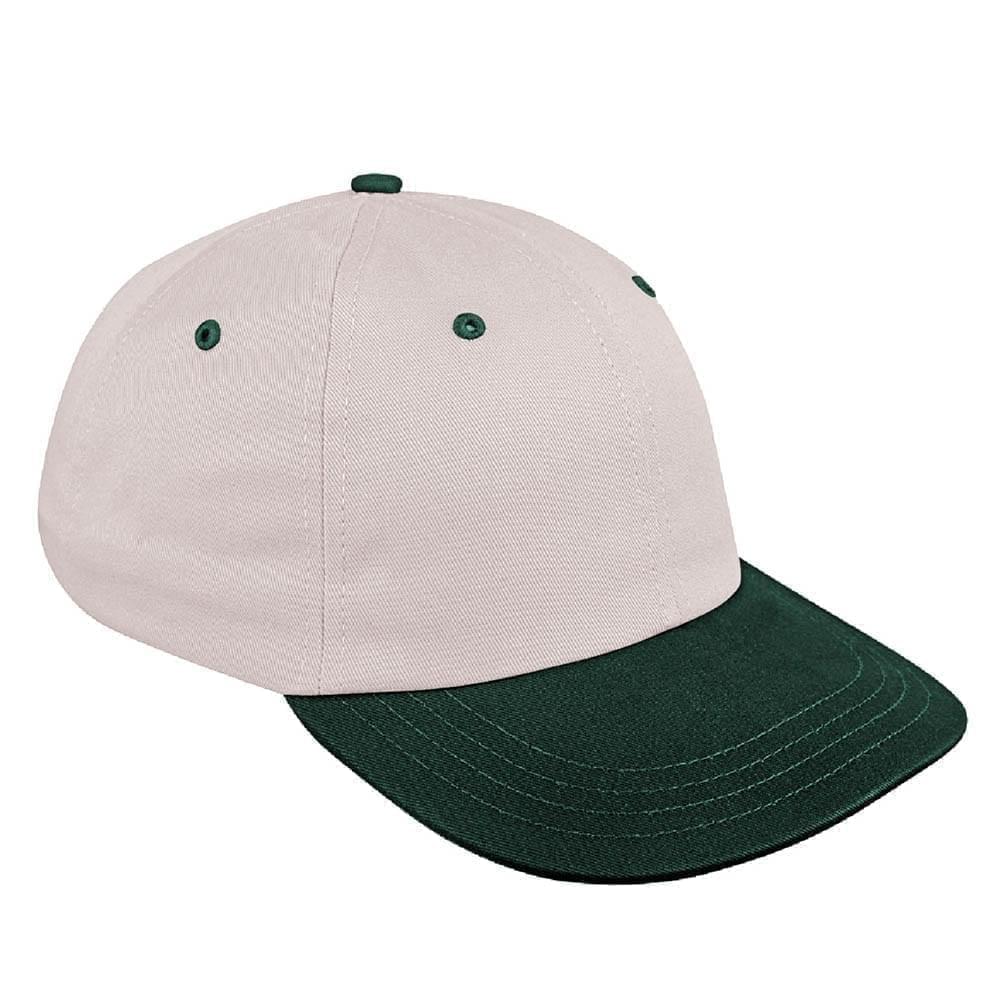 Dad Caps
Dad Caps
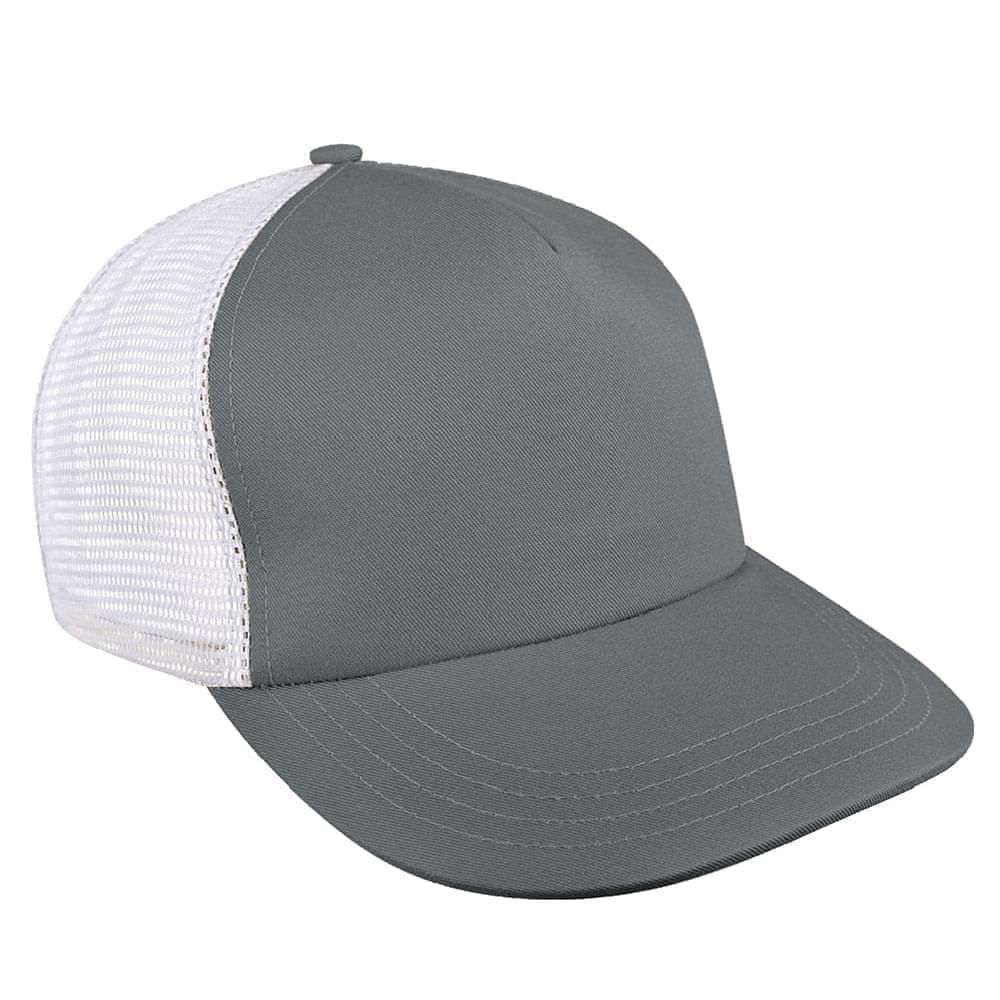 Five Panel Hats
Five Panel Hats
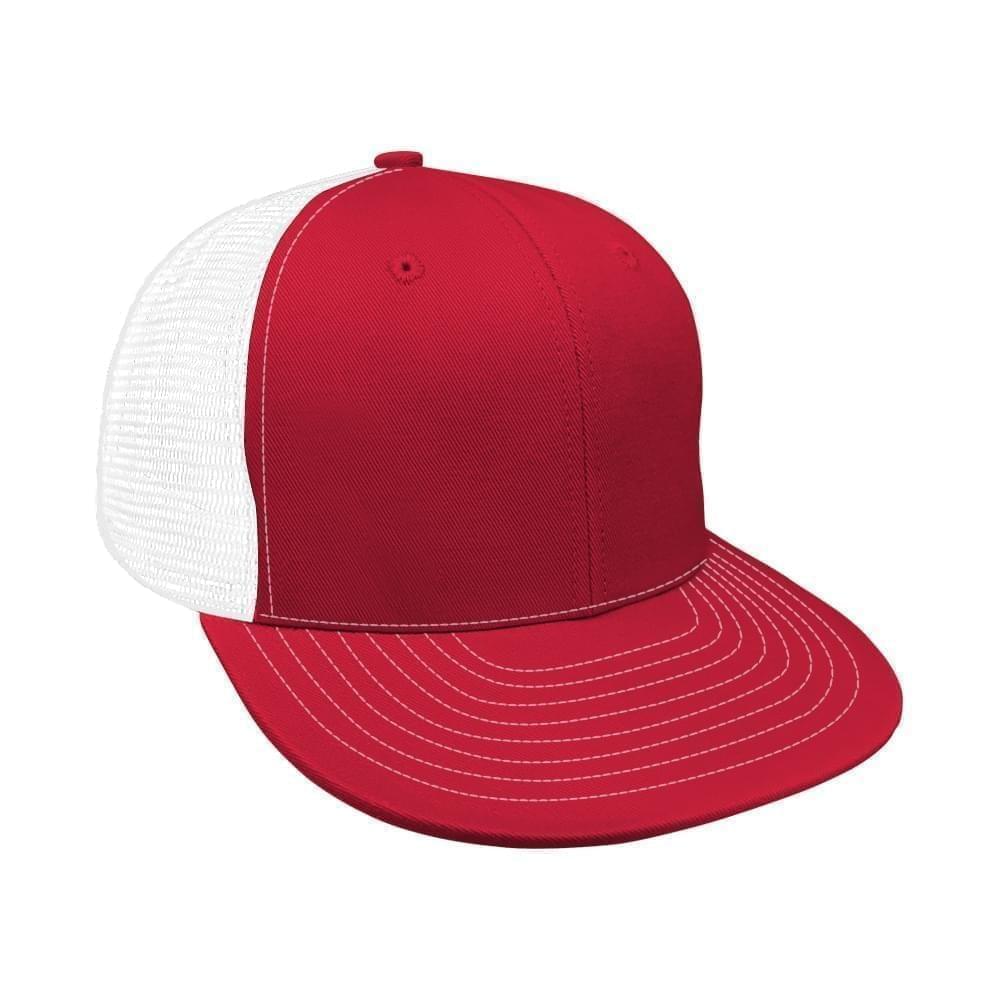 Mesh Back Hats
Mesh Back Hats
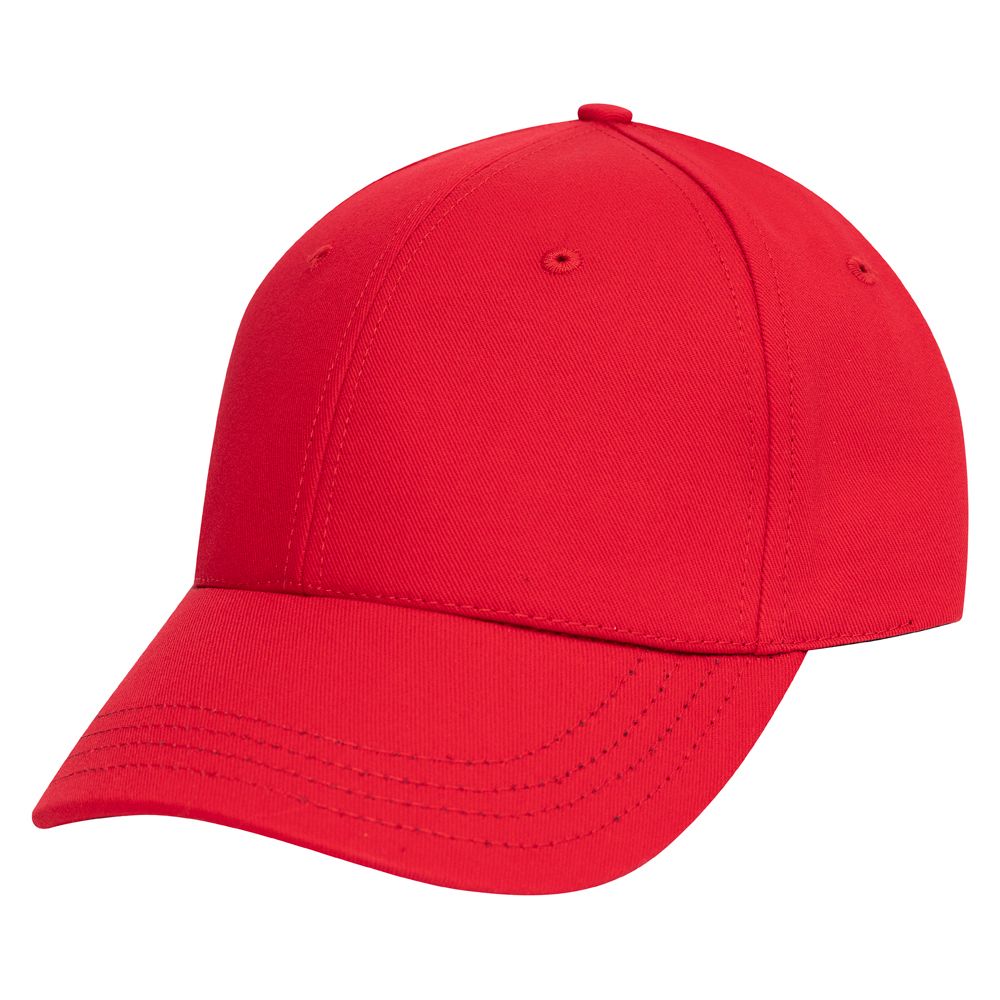 In Stock Blanks
In Stock Blanks
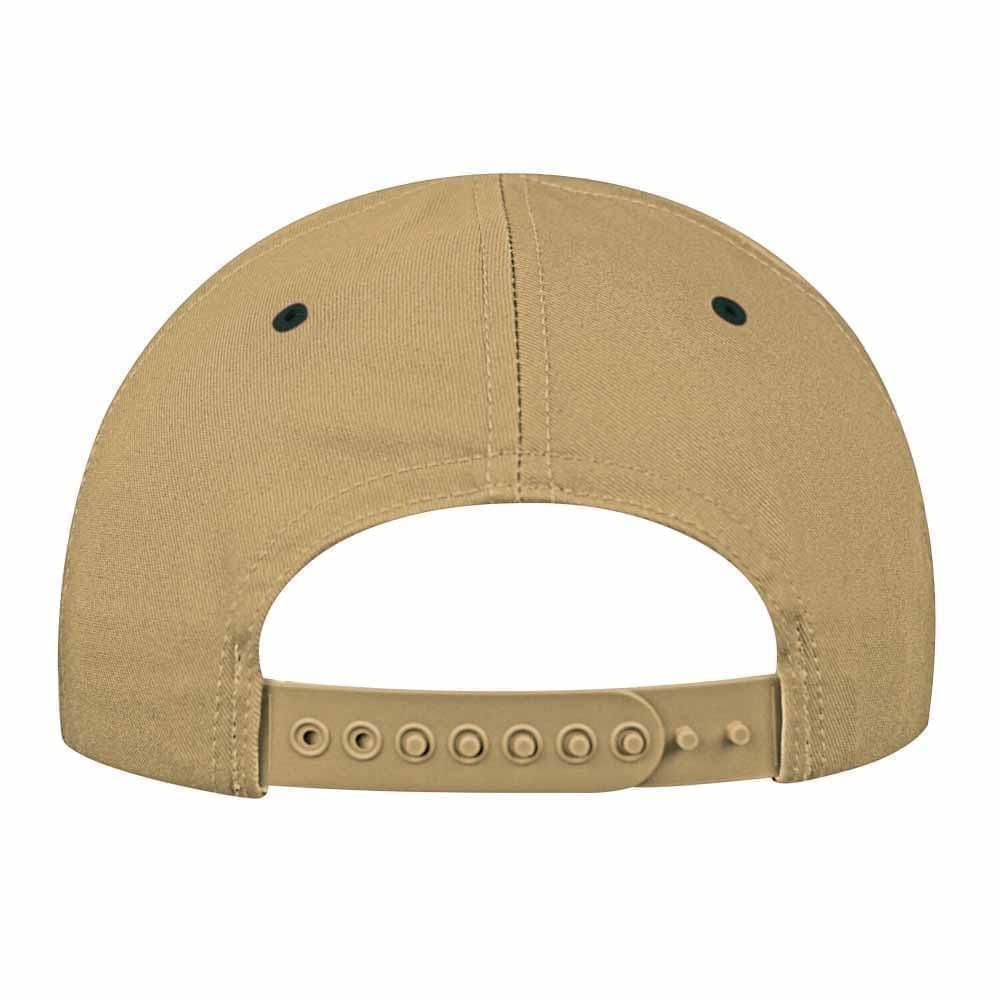 Snapback Hats
Snapback Hats
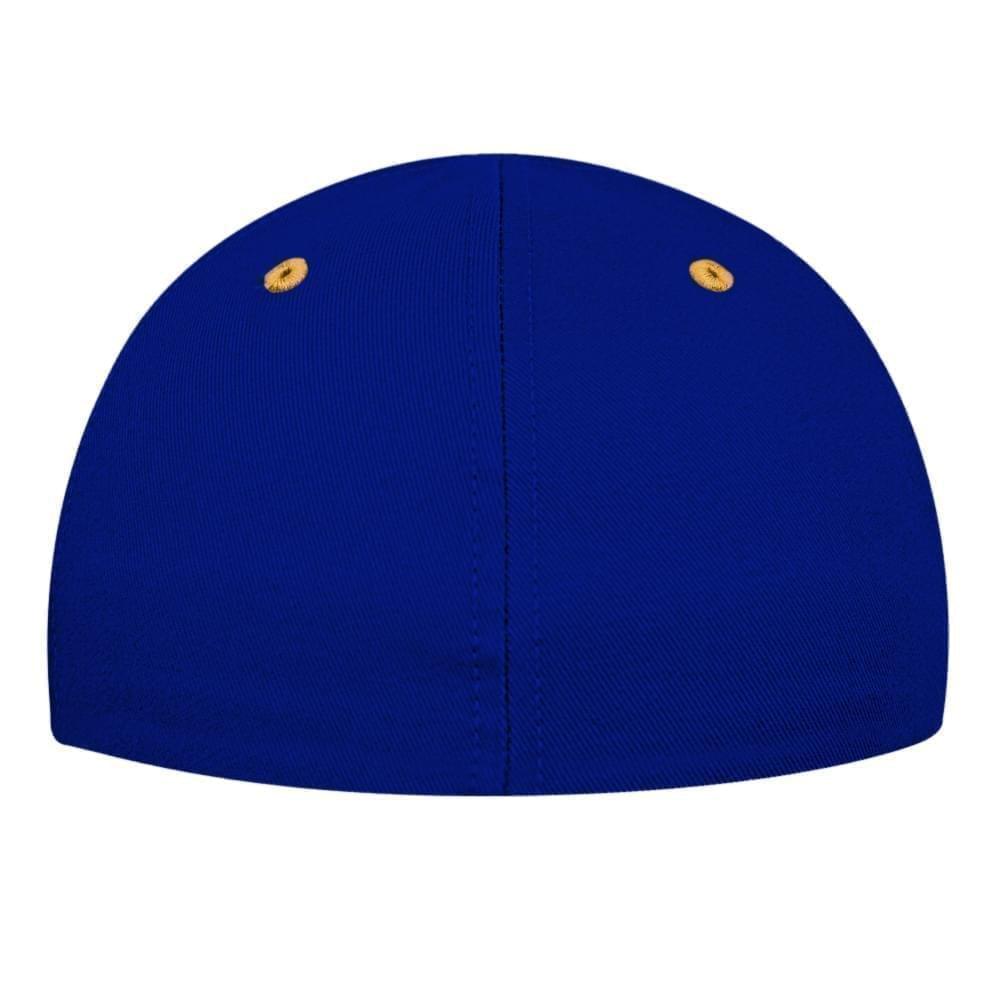 Stretchfit Hats
Stretchfit Hats
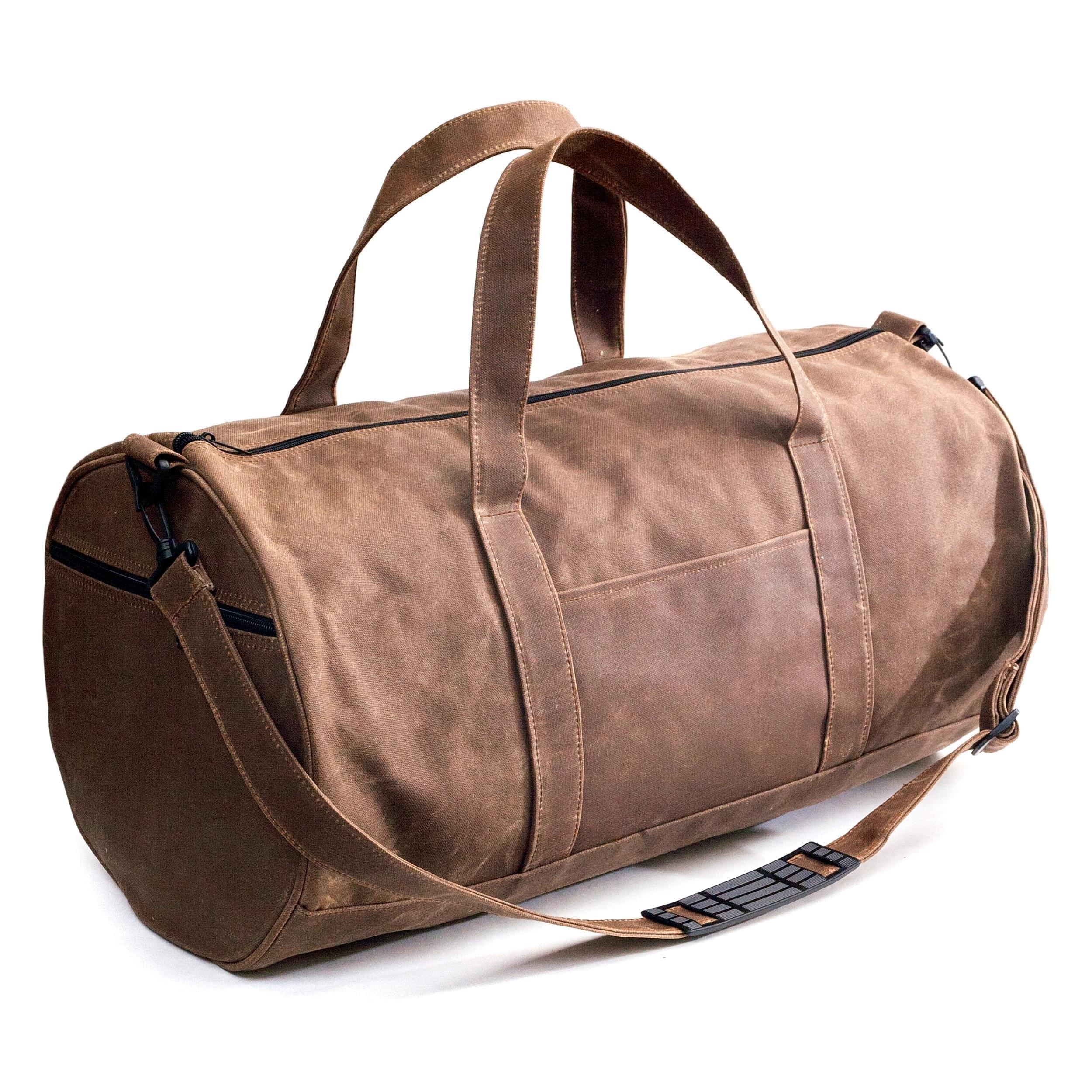 Duffel Bags
Duffel Bags
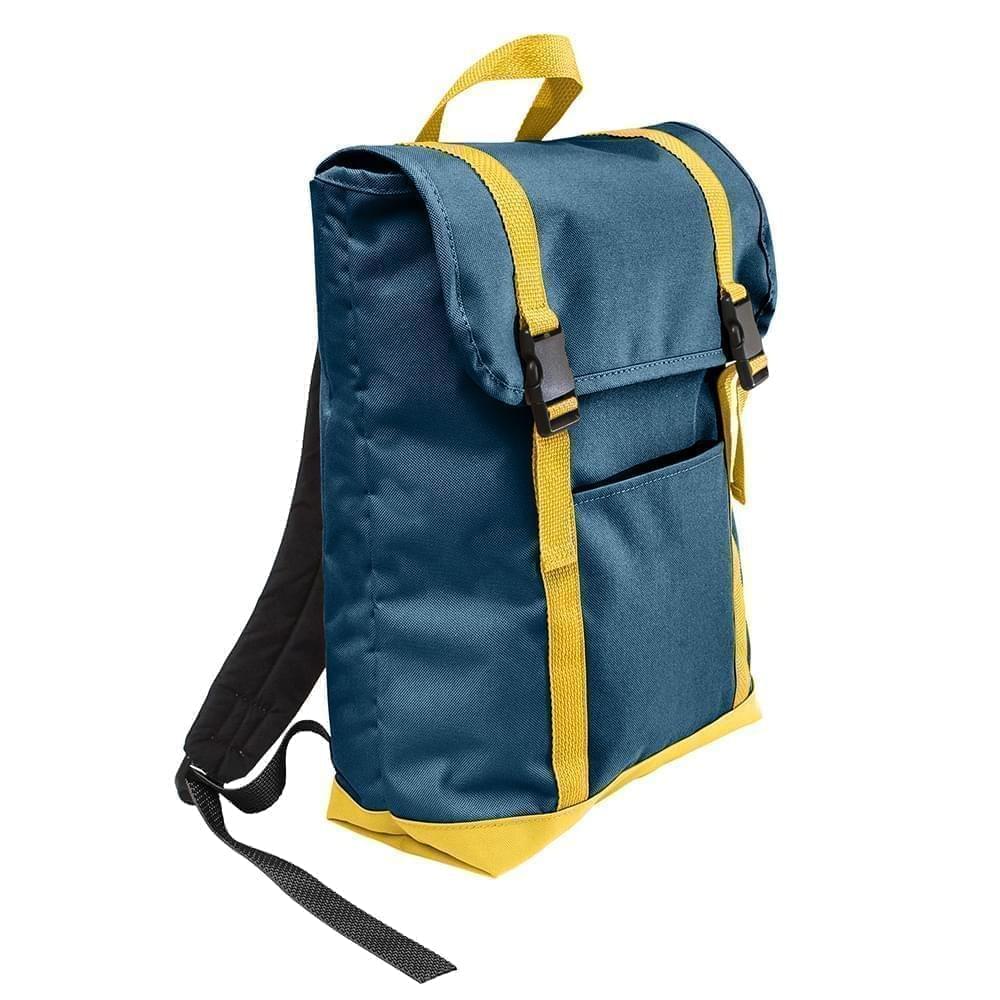 Backpacks
Backpacks
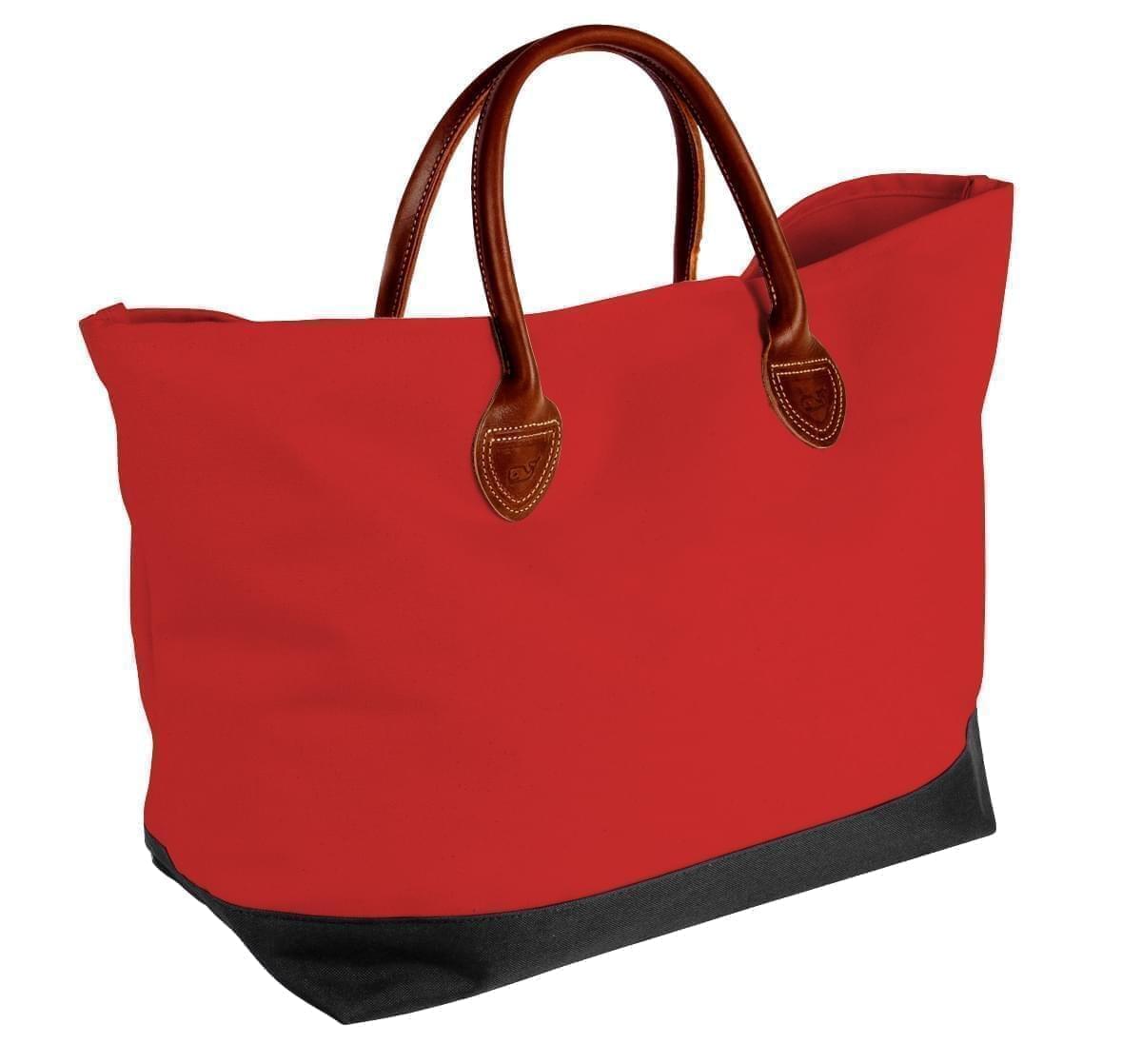 Tote Bags
Tote Bags
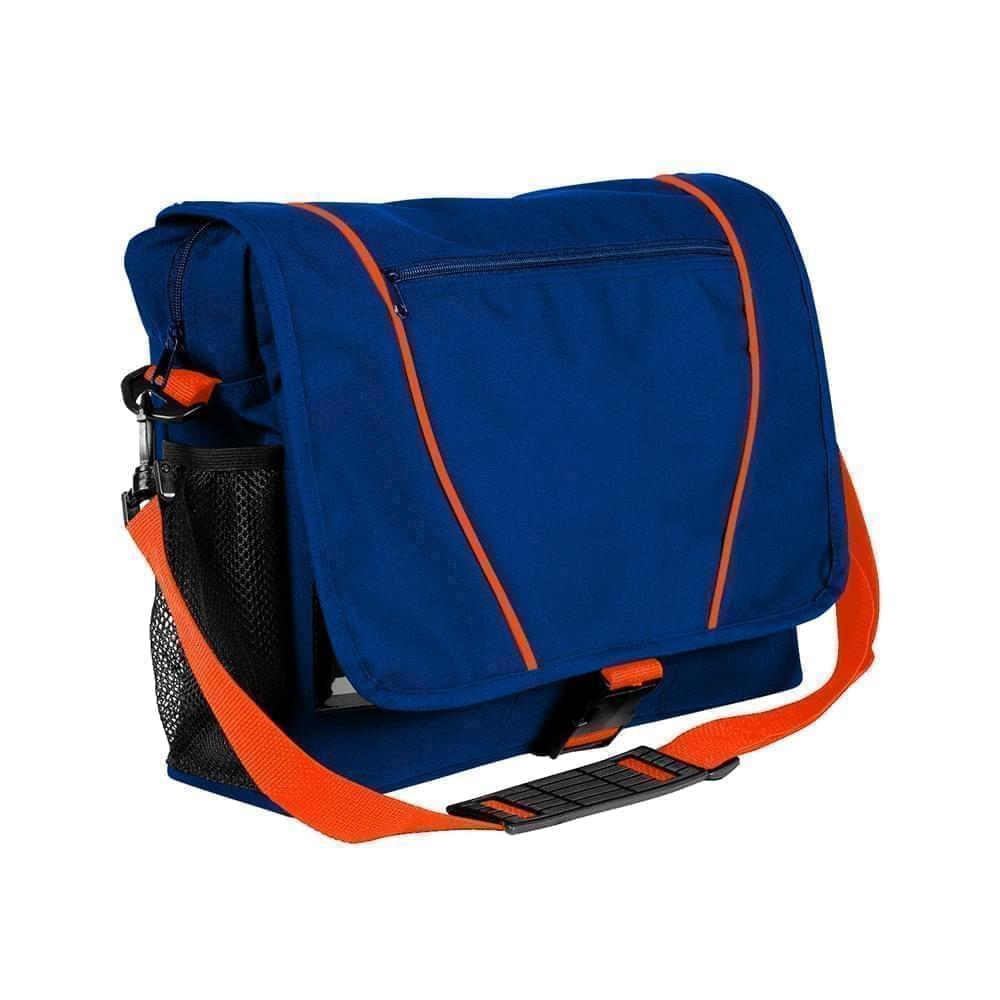 Computer Bags
Computer Bags
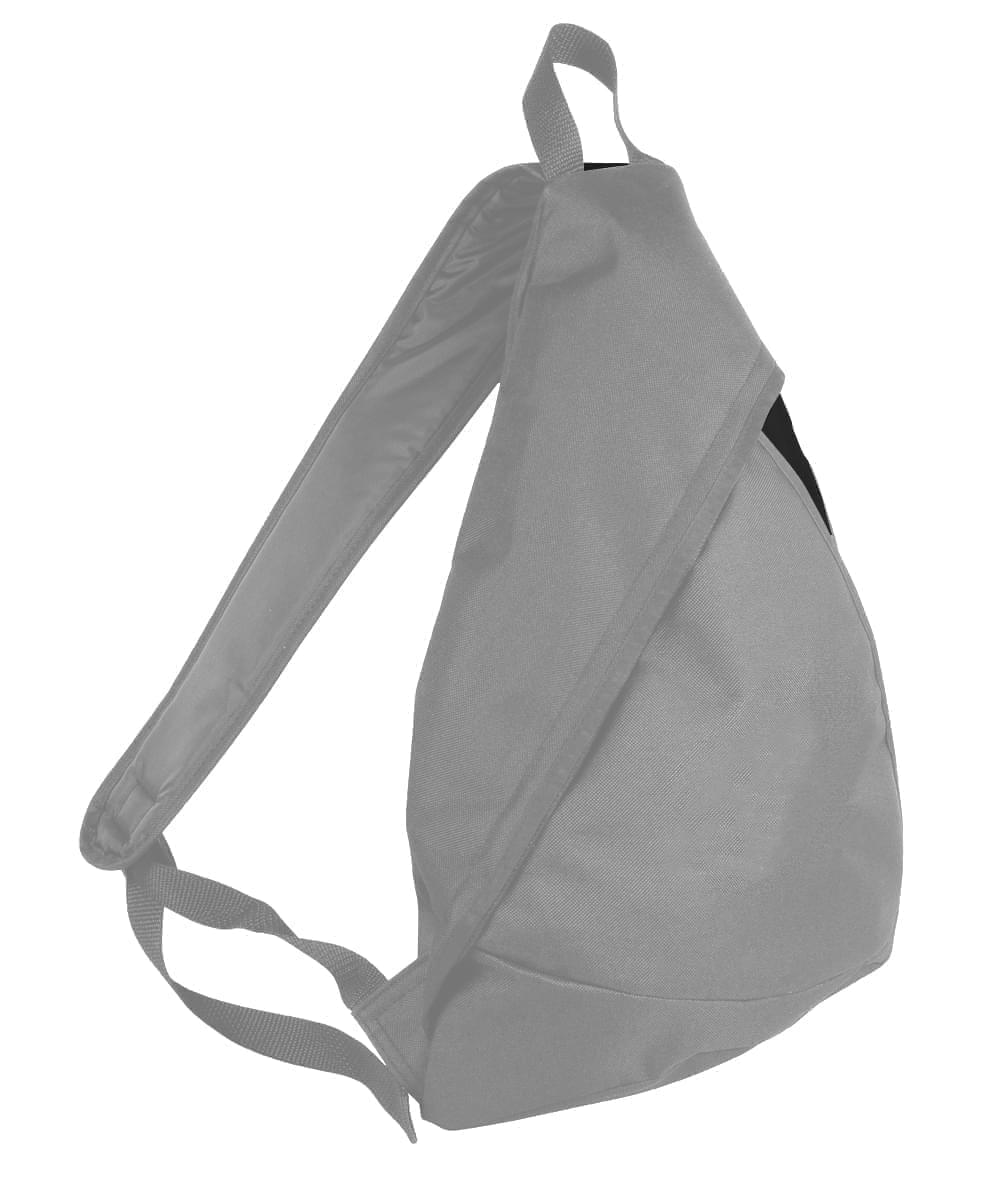 Sling Messenger Bags
Sling Messenger Bags
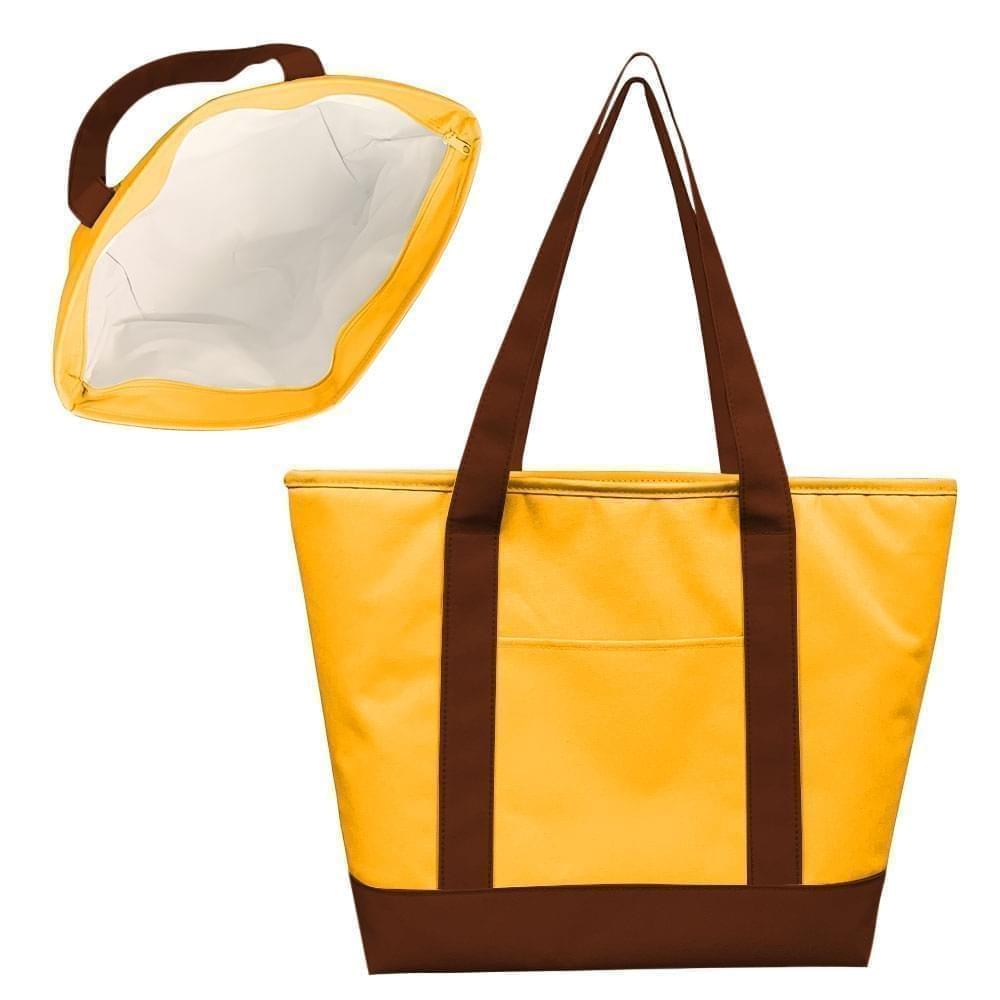 Cooler Bags
Cooler Bags
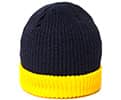 Cuff Hats
Cuff Hats
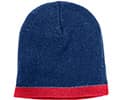 Beanies
Beanies
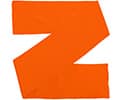 Scarves
Scarves
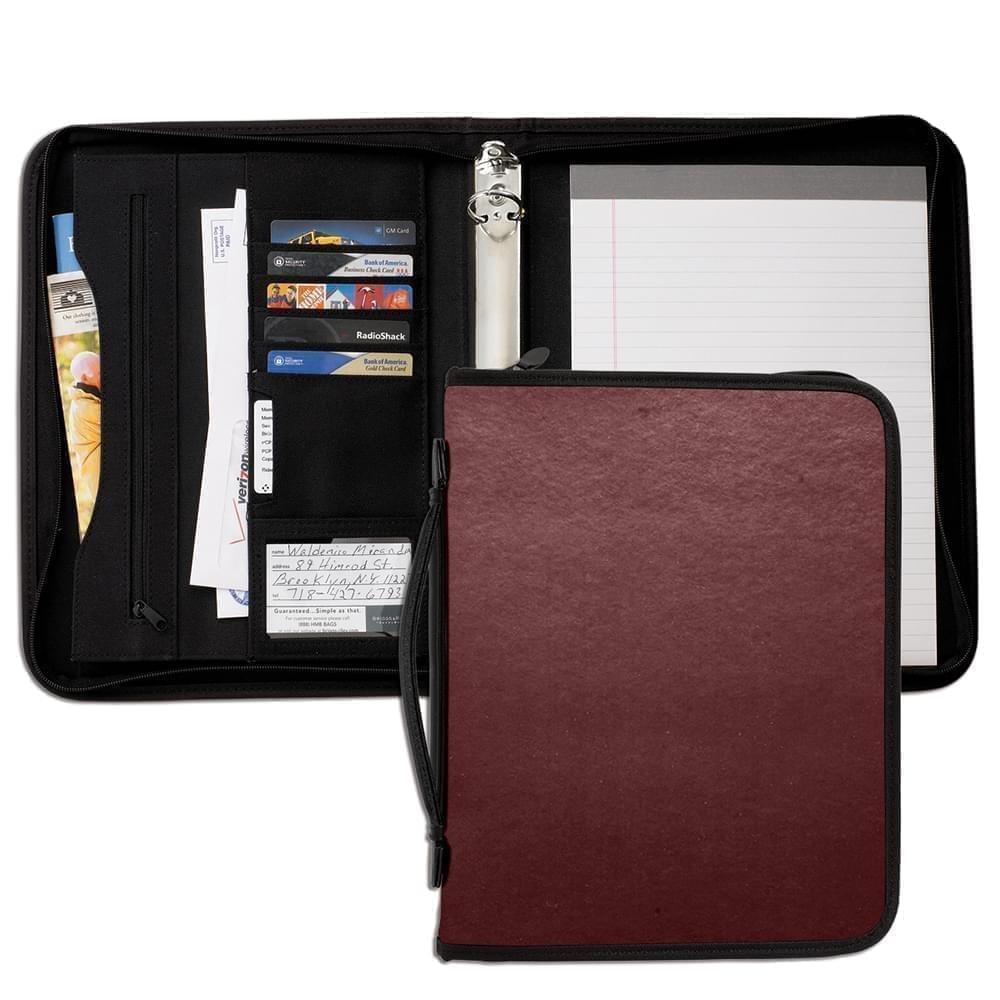 Zipper Folders
Zipper Folders
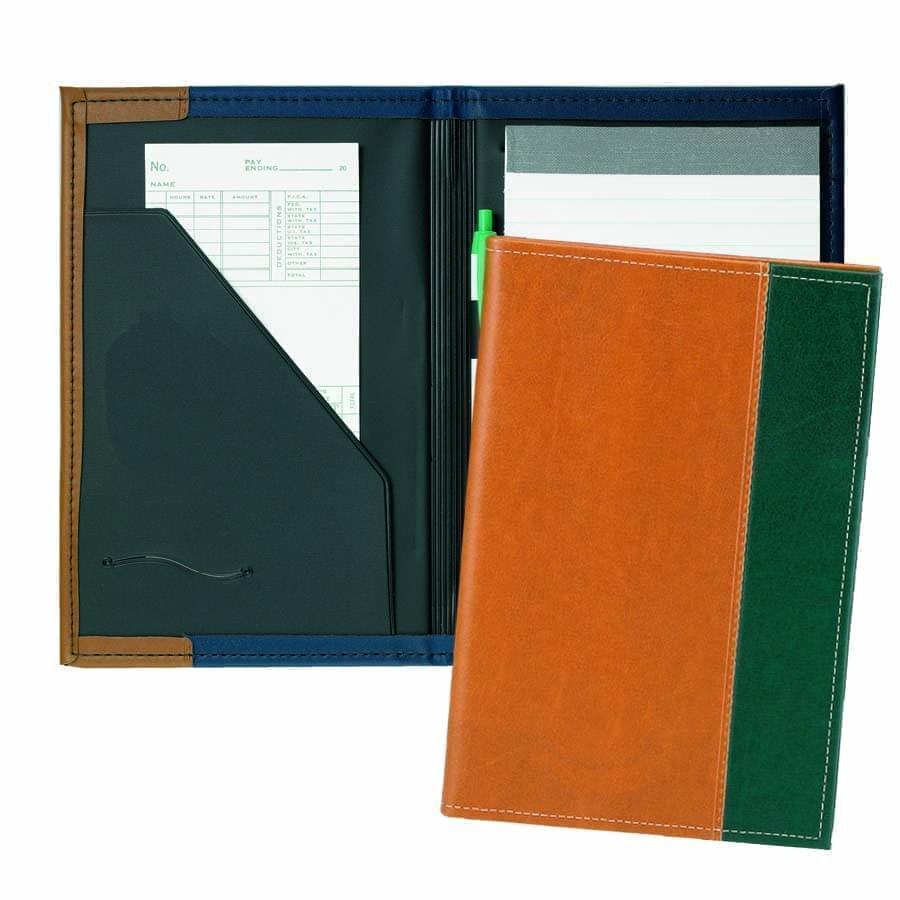 Stitched Folders
Stitched Folders
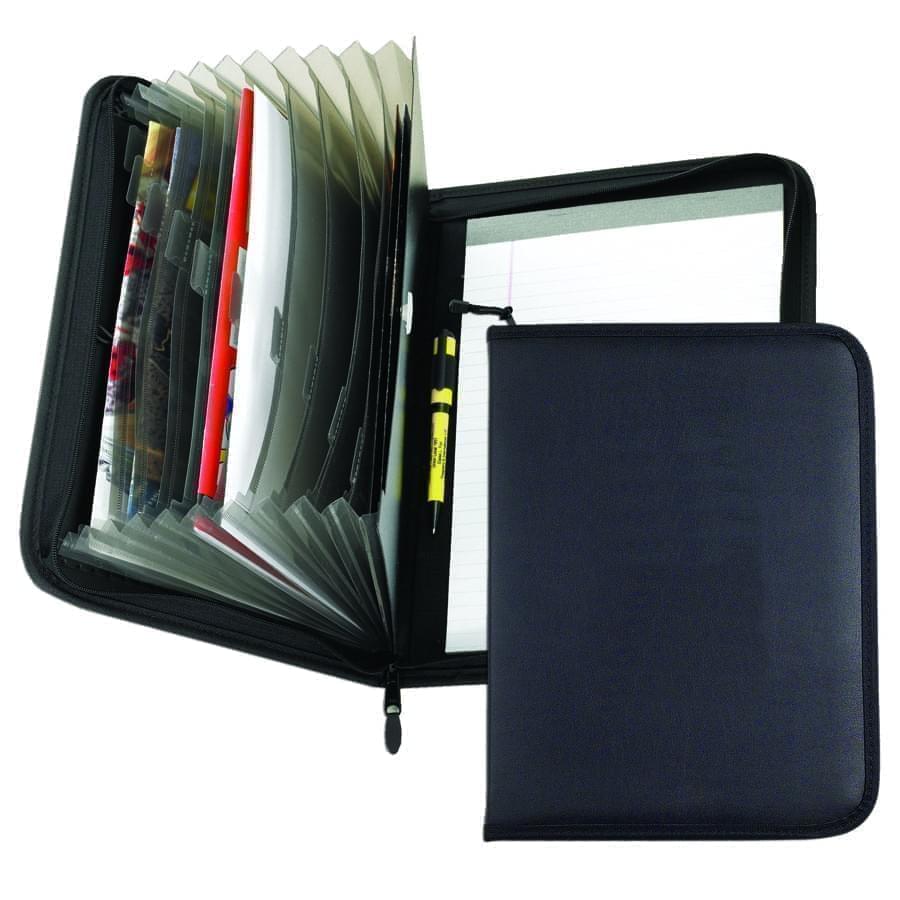 Accordion Folders
Accordion Folders
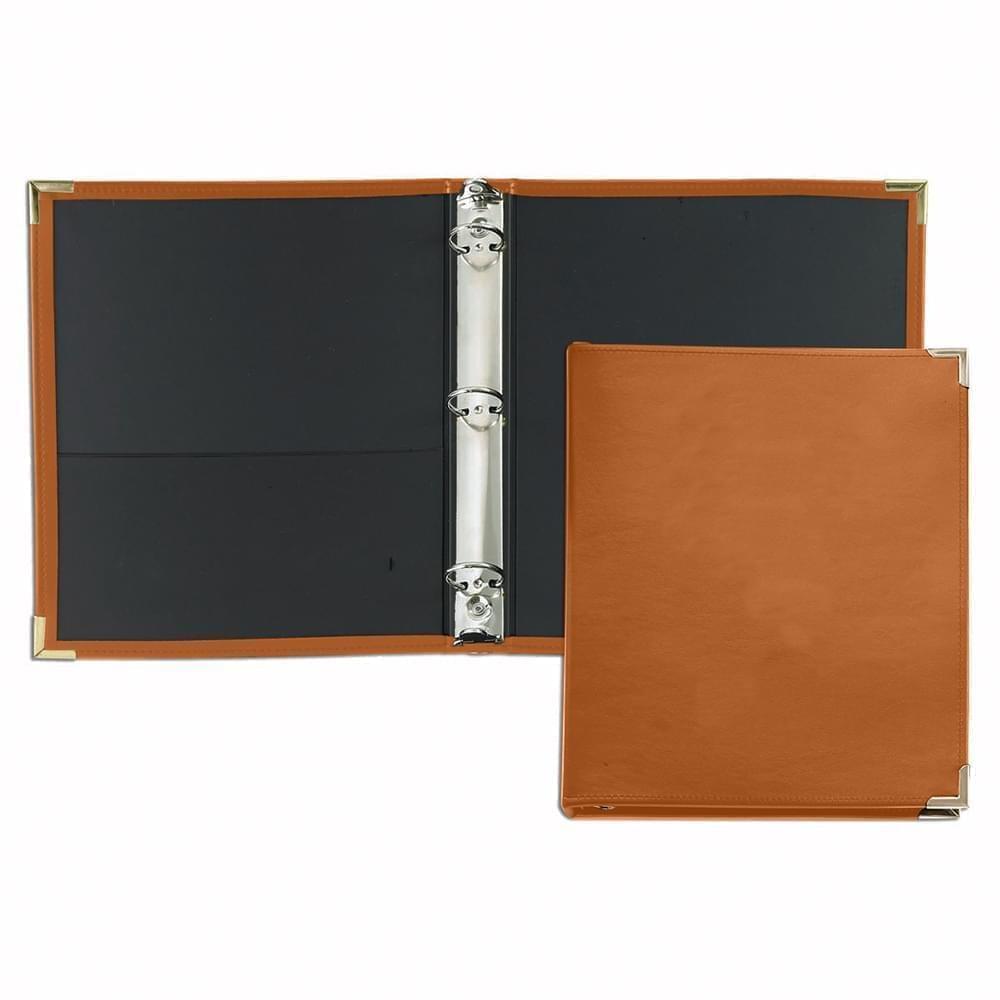 Ring Binders
Ring Binders
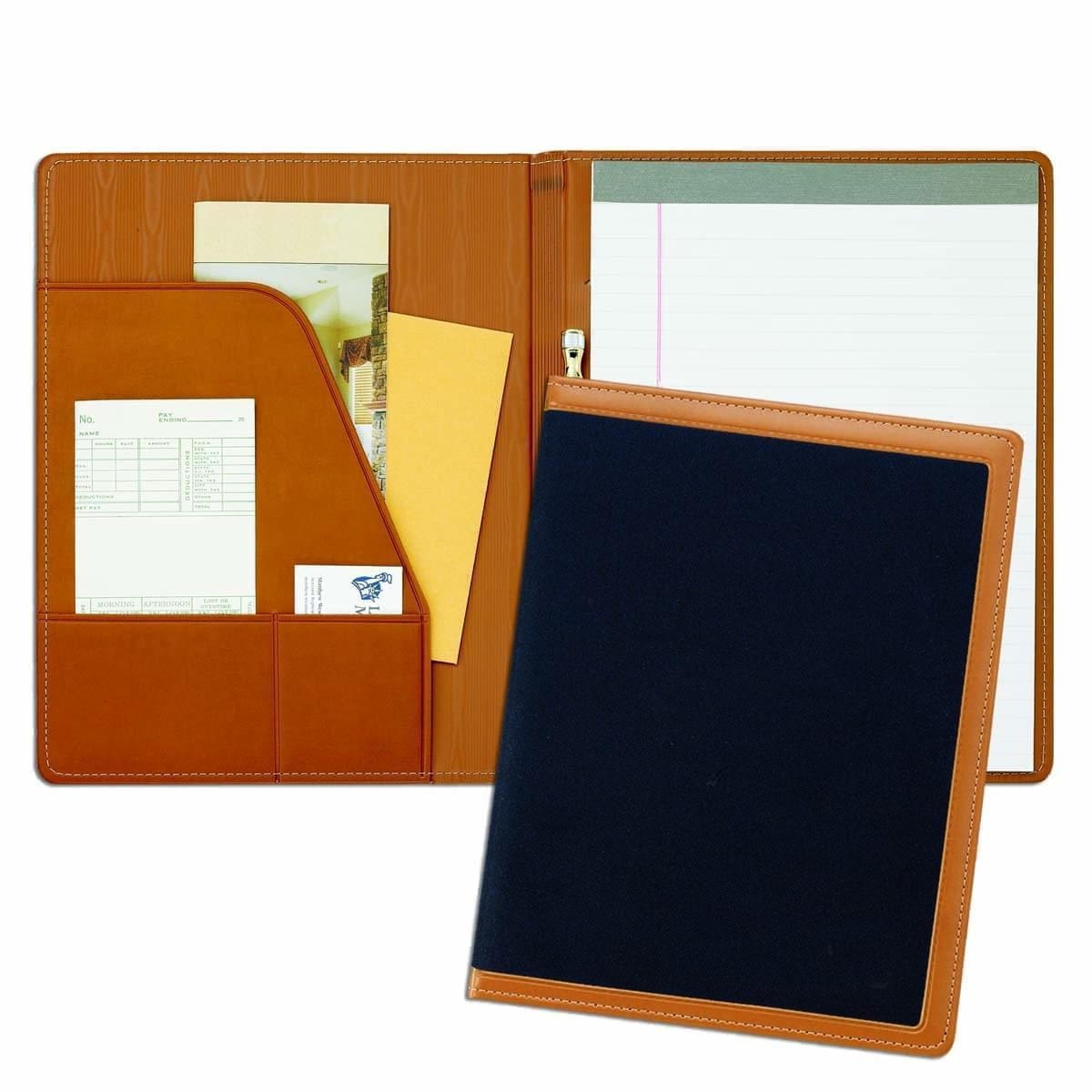 Letter Folders
Letter Folders
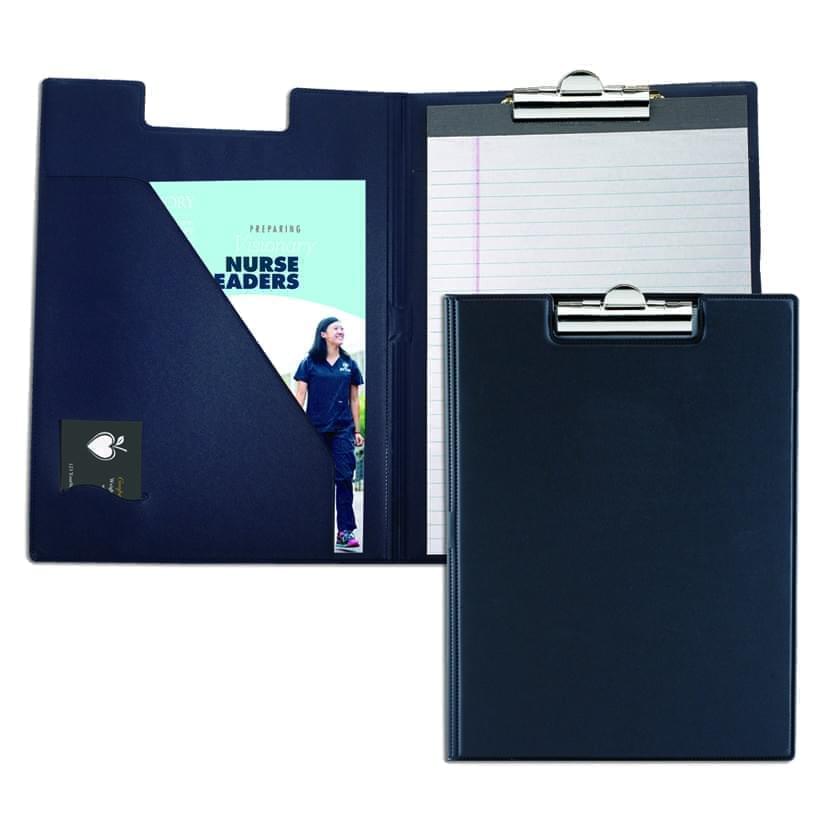 Clipboards
Clipboards
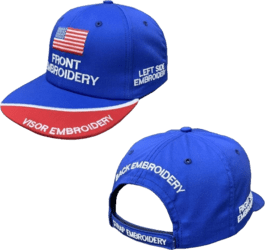
 Union Made In USA
Union Made In USA